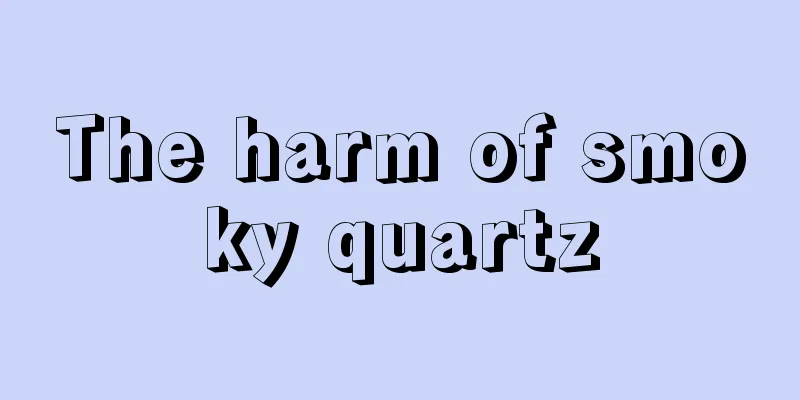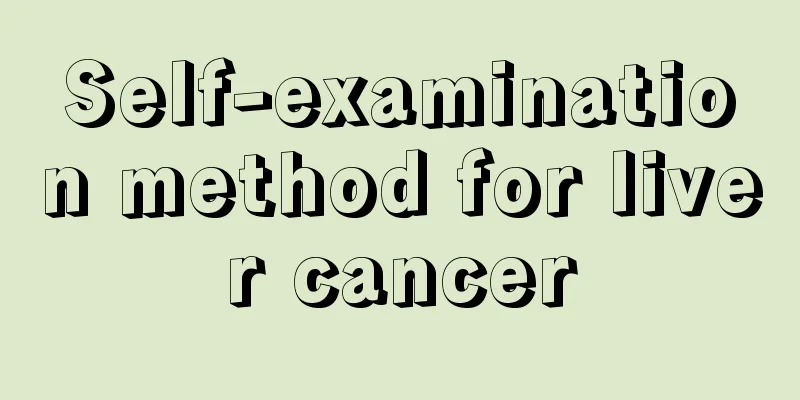The cells that secrete insulin are

|
The secretion of insulin is actually carried out by the islet cells in the pancreas. Insulin is a hormone in the body that lowers blood sugar and plays a vital role in the balance of the body's internal environment. If the body's protein intake increases, the insulin secreted by pancreatic cells will also increase. Insulin is a protein hormone secreted by pancreatic beta cells in the pancreas in response to endogenous or exogenous substances such as glucose, lactose, ribose, arginine, glucagon, etc. Insulin is the only hormone in the body that lowers blood sugar, while promoting the synthesis of glycogen, fat and protein. Exogenous insulin is mainly used to treat diabetes. secretion The rate of insulin biosynthesis is affected by plasma glucose concentration. When blood glucose concentration increases, the proinsulin content in β cells increases and insulin synthesis accelerates. Insulin is synthesized in the pancreatic β cells. Insulin has a molecular weight of 5700 and is composed of two amino acid peptide chains. The A chain has 21 amino acids and the B chain has 30 amino acids. There are two disulfide bonds between the AB chains. Insulin and C-peptide are secreted into the blood in equal molecules. Patients who are clinically treated with insulin have insulin antibodies in their serum, which affect the determination of blood insulin levels by radioimmunoassay. In this case, the state of endogenous insulin secretion can be understood by measuring plasma C-peptide levels. Influencing factors The secretion of insulin in the body is mainly affected by the following factors: Stimulates insulin secretion Plasma glucose concentration Plasma glucose concentration is the most important factor affecting insulin secretion. Following oral or intravenous administration of glucose, insulin release occurs in a biphasic response. In the early rapid phase, insulin in portal vein plasma reaches its maximum value within 2 minutes and then drops rapidly; in the delayed slow phase, plasma insulin level gradually rises again after 10 minutes and continues for more than 1 hour. The early rapid phase shows the release of stored insulin triggered by glucose, and the delayed slow phase shows the synthesis of insulin and the conversion of proinsulin to insulin. After eating protein-rich foods, the amino acid concentration in the blood increases and insulin secretion also increases. Arginine, lysine, leucine and phenylalanine all have a strong effect in stimulating insulin secretion. The increase in gastrointestinal hormones after meals can promote insulin secretion. For example, gastrin, secretin, gastric inhibitory peptide, and intestinal vasoactive peptide all stimulate insulin secretion. The autonomic nervous system function state promotes insulin secretion when the vagus nerve is excited, and inhibits insulin secretion when the sympathetic nerve is excited. |
<<: Does the liver secrete bile?
>>: Regulation of insulin secretion
Recommend
Is nasopharyngeal carcinoma hereditary?
Is nasopharyngeal carcinoma hereditary? It is dif...
There is a round bump under my cheek that moves
The face can be said to be our facade. Having a b...
Will colon cancer recur? How to prevent colon cancer
Colon cancer can recur. Surgery can remove local ...
What are the imported drugs for bladder cancer
Bladder cancer is one of the common tumors. The m...
How should lung cancer patients eat after surgery? There are two things to pay attention to in diet after lung cancer surgery
Whether the diet is reasonable or not has a great...
When is scraping most effective
Modern people have a strong sense of time and the...
How to prevent respiratory infections?
When winter and spring meet, it is not too cold b...
What is the correct order for using aloe vera gel lotion
Nowadays, there are more and more cosmetics and s...
What are the scientific methods for measuring body fat?
When exercising and losing weight, experts often ...
The first signal of cervical cancer
The first sign of cervical cancer is usually cont...
Blinking foreign body sensation
Nowadays, due to the popularity of various electr...
What are the symptoms of primary liver cancer? Five symptoms of primary liver cancer
Although we often hear about primary liver cancer...
What are the specialized hospitals for skin cancer
In our country, the high incidence of skin cancer...
The two main causes of esophageal cancer
Esophageal cancer is a common malignant tumor tha...
Patients with cervical cancer should pay attention to nursing methods in time
In recent years, cervical cancer has often plague...









